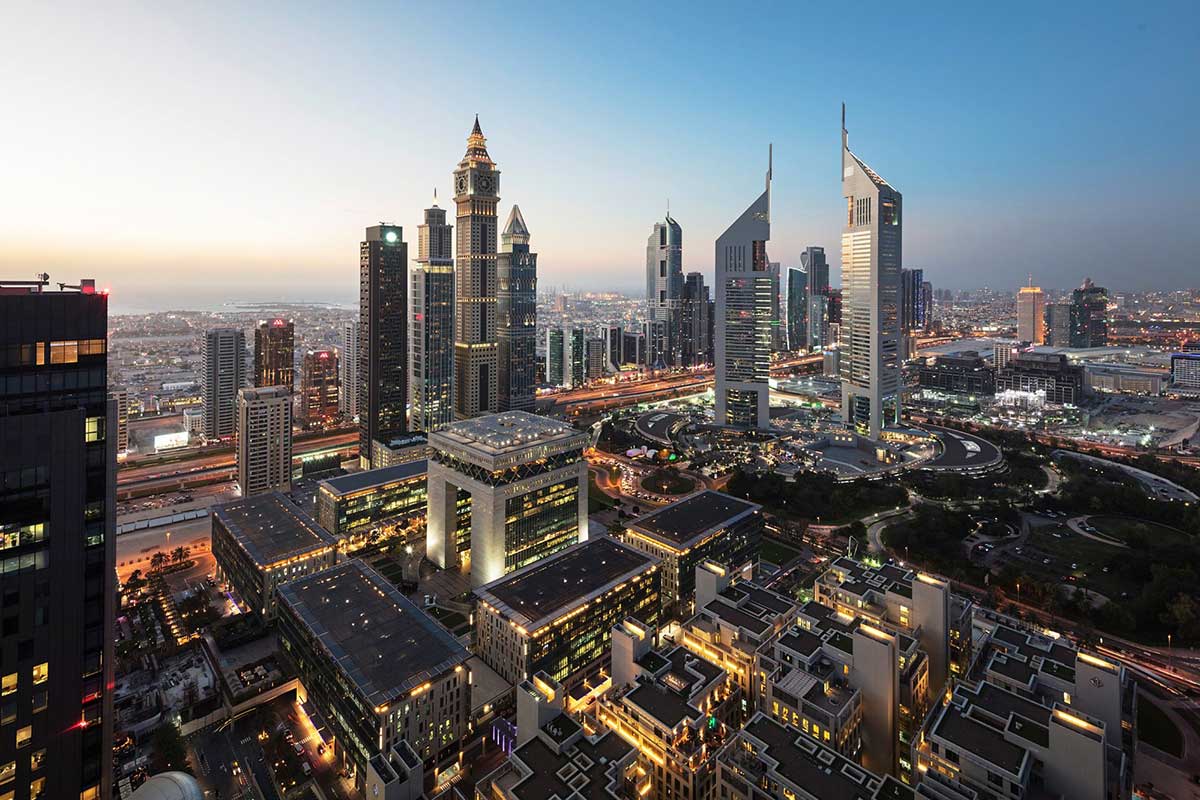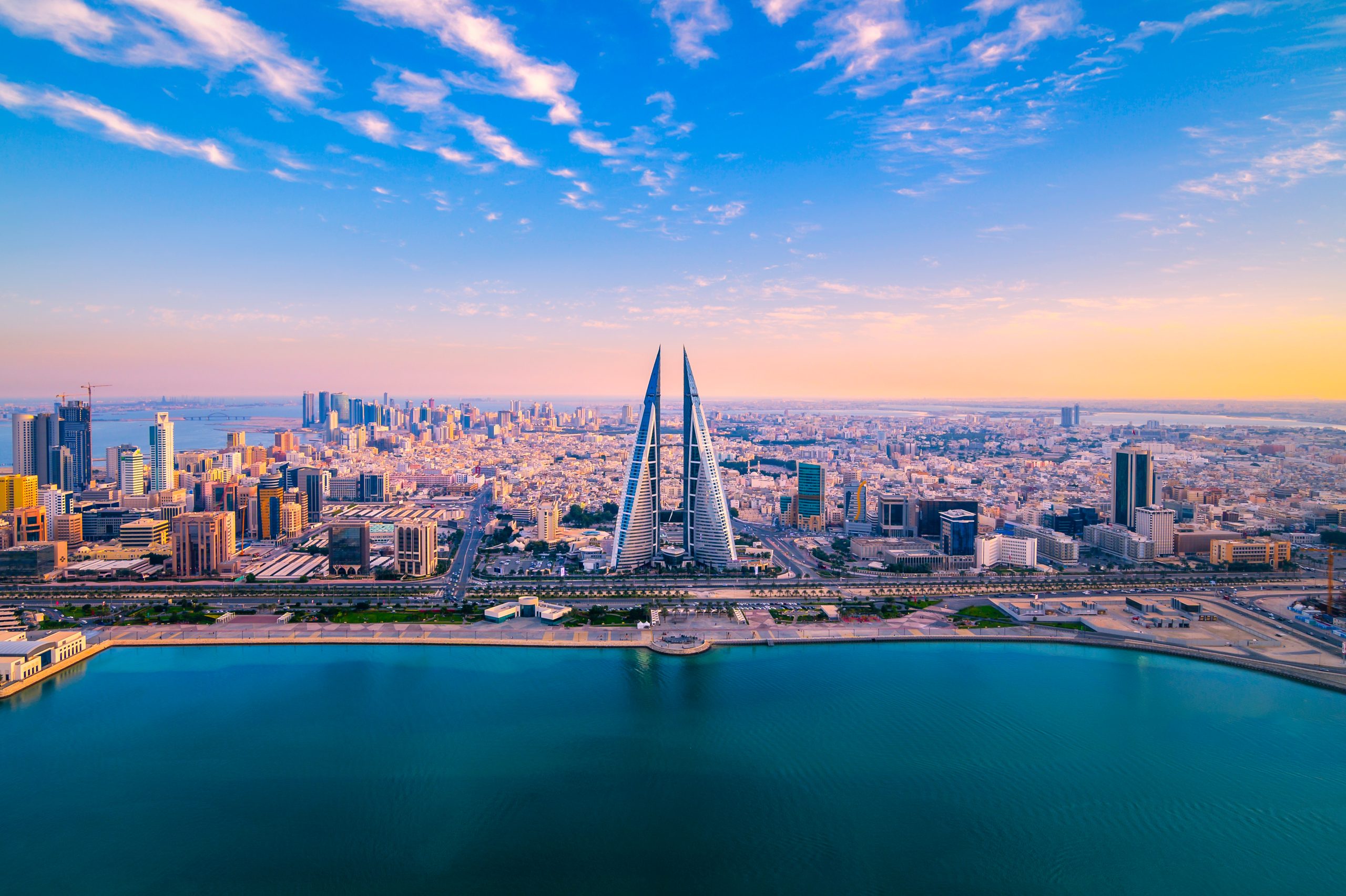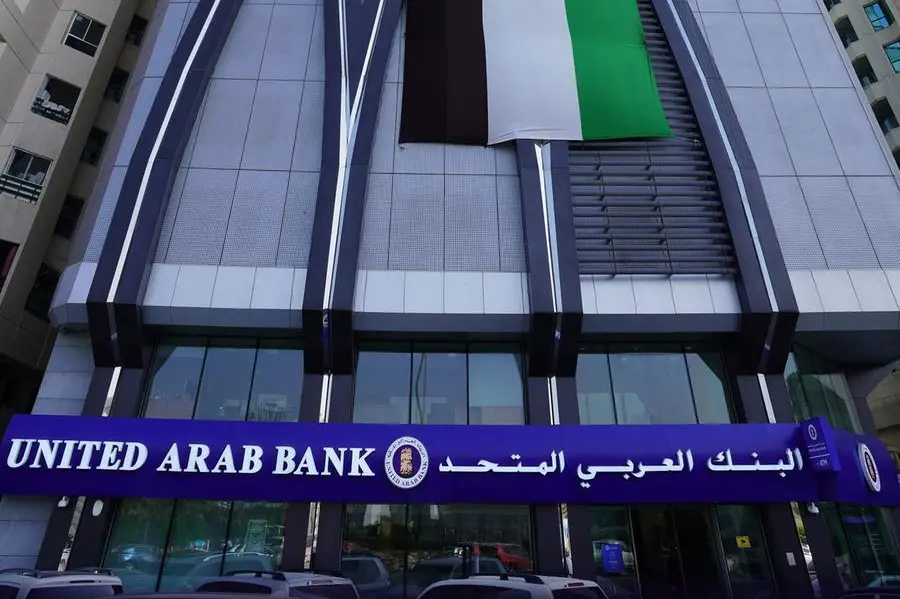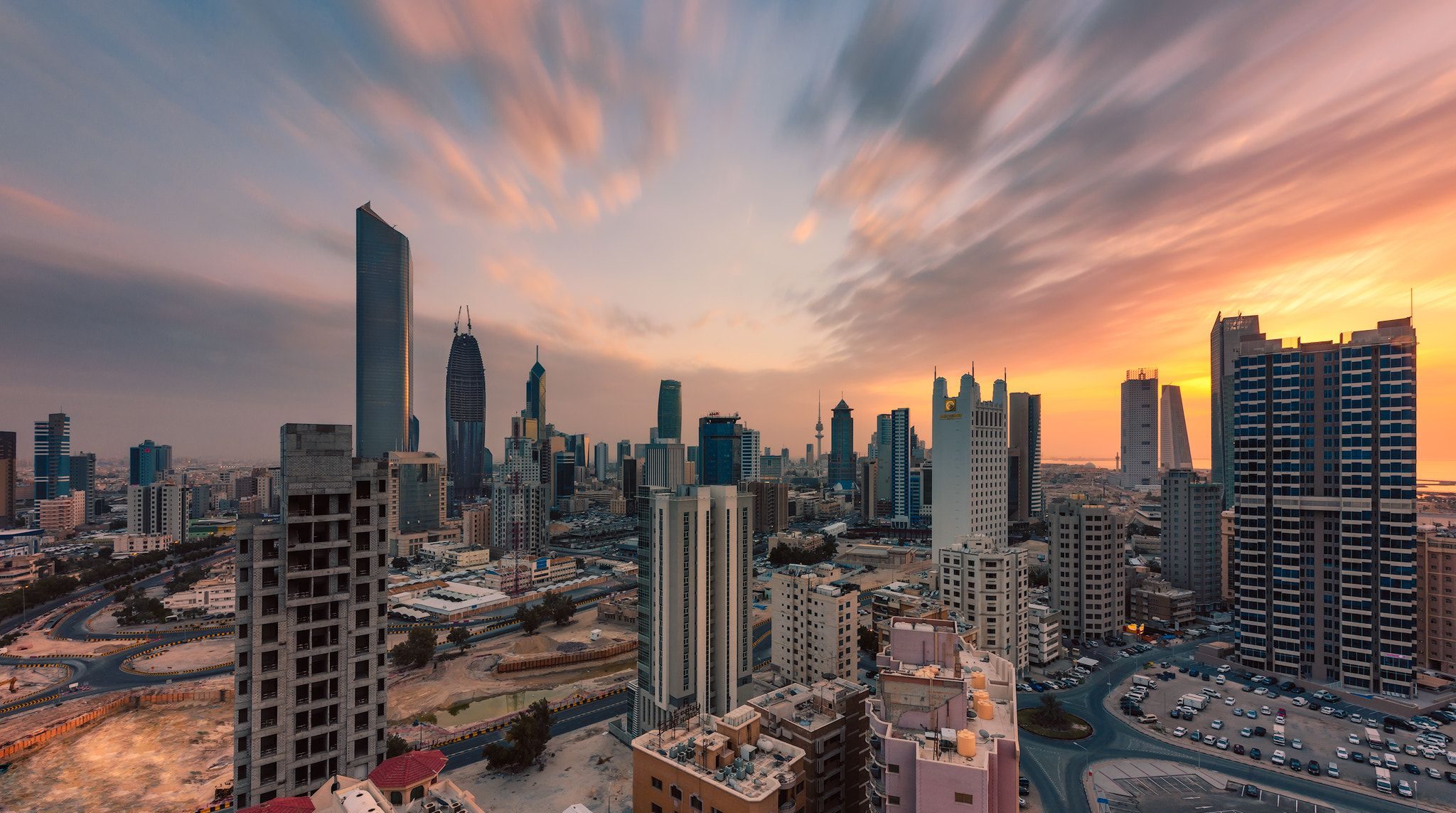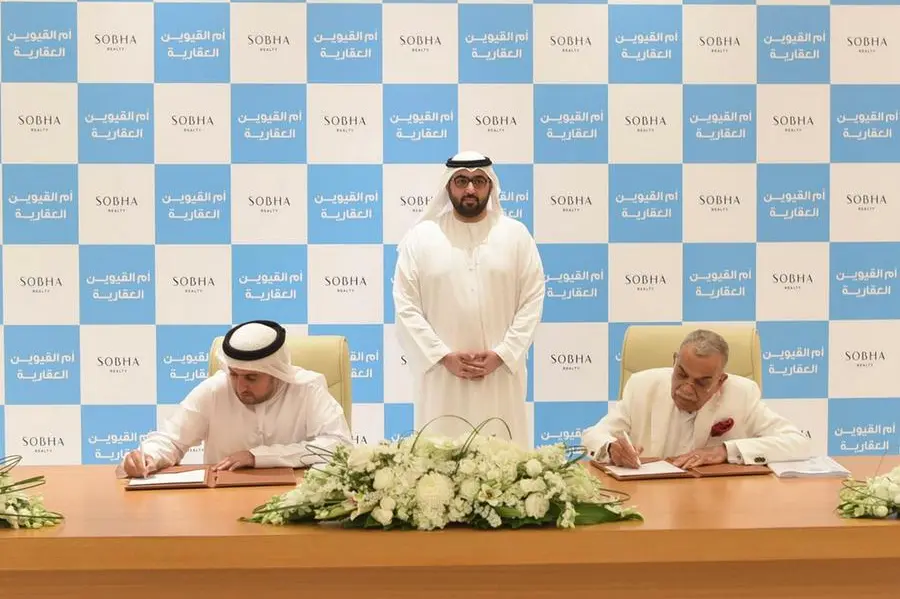Dubai announces major projects to Enhance Transportation, Data Economy, and Community Involvement
Dubai has approved plans to transform transportation, data, and community participation in the emirate.
Sheikh Hamdan bin Mohammed bin Rashid Al Maktoum, Crown Prince of Dubai and Chairman of The Executive Council of Dubai, has endorsed major projects aimed at enhancing Dubai’s stature as a prime catalyst for economic growth, a top destination for global tourism, and a crucial transport hub linking continents, aligning with the vision of Sheikh Mohammed bin Rashid Al Maktoum, Vice President, Prime Minister, and Ruler of Dubai.
During a meeting of The Executive Council at the Arabian Travel Market (ATM) exhibition at Dubai World Trade Centre, Sheikh Hamdan declared: “Dubai is investing in the future and is leading global tourism following His Highness Sheikh Mohammed bin Rashid Al Maktoum’s announcement to build the world’s largest airport with an AED128bn ($35bn) investment and a capacity for 260m passengers annually.
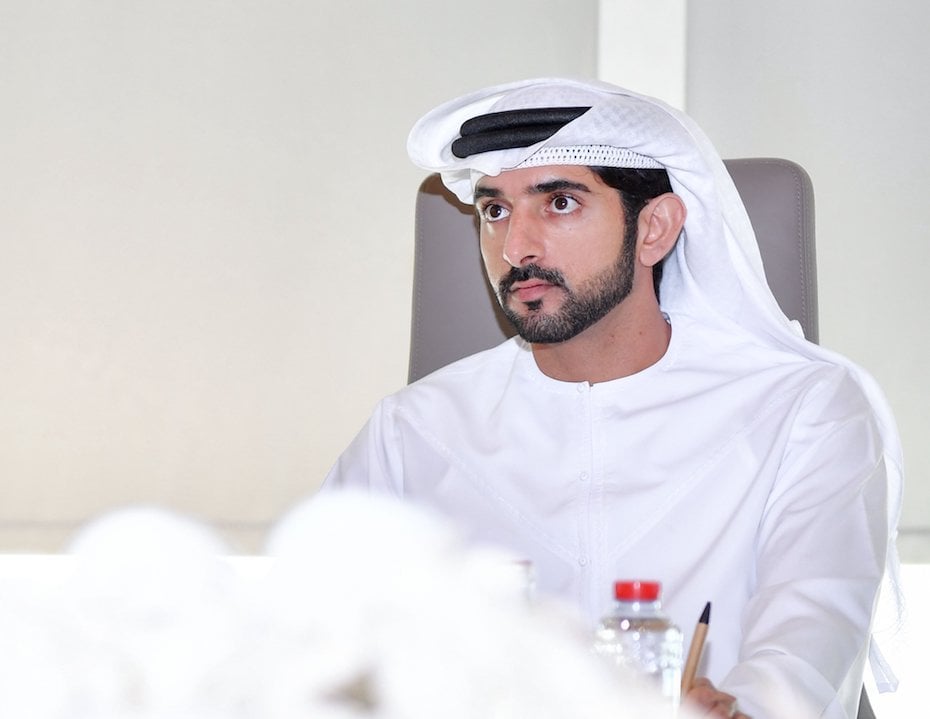
Major projects approved
It was also noted by Sheikh Hamdan that Dubai serves as a connector between the North, South, East, and West, offering superior infrastructure that sets the foundation for companies aiming at global expansion.
He emphasized the significance of community engagement in shaping Dubai’s future, saying: “We aim to achieve balanced economic and social development through placing people at the heart of progress and by engaging Dubai’s community in designing its future.”
Issam Kazim, CEO of Dubai Corporation for Tourism and Commerce Marketing (DCTCM), part of the Department of Economy and Tourism (DET), presented a report showing robust growth in global demand for Dubai’s tourism sector, which spans leisure, cultural, eco-tourism, medical tourism, and conferences. This surge in tourism will be supported by the upcoming Al Maktoum International Airport, set to be the largest globally with 400 gates and five runways, propelling Dubai towards being one of the world’s top three tourism destinations.
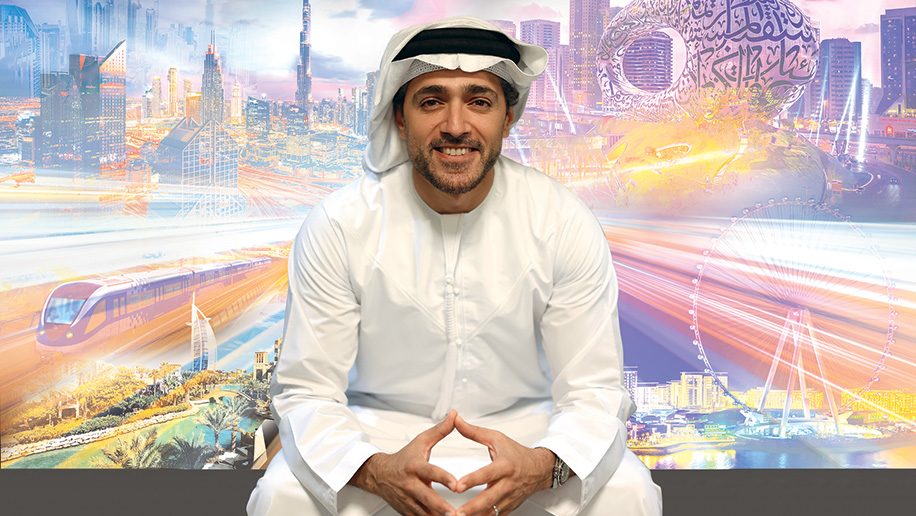
The Executive Council approved the Commercial Transport Strategy 2030 under the Economic Agenda (D33), aiming to nearly double the commercial transport and logistics sector’s economic contribution to approximately AED16.8bn ($4.6bn), increase technology usage in infrastructure by 75%, cut carbon emissions by 30%, and enhance operational efficiency by 10%. Over the next seven years, Dubai plans to launch multiple projects to support this sector’s growth and competitiveness.
Enhancing Community and Data Economy
The Council also approved a plan to optimize traffic flow in the city, enhancing business efficiency and quality of life. This strategy includes developing priority public bus routes, reducing travel times by up to 59%, and promoting school transport usage to decrease traffic around schools by 13%.
Furthermore, the plan incorporates flexible working hours and remote work policies to reduce traffic congestion. Dubai’s strategic direction for increasing the data center economy was also approved, positioning the city as a frontrunner in the future economy driven by emerging technologies.
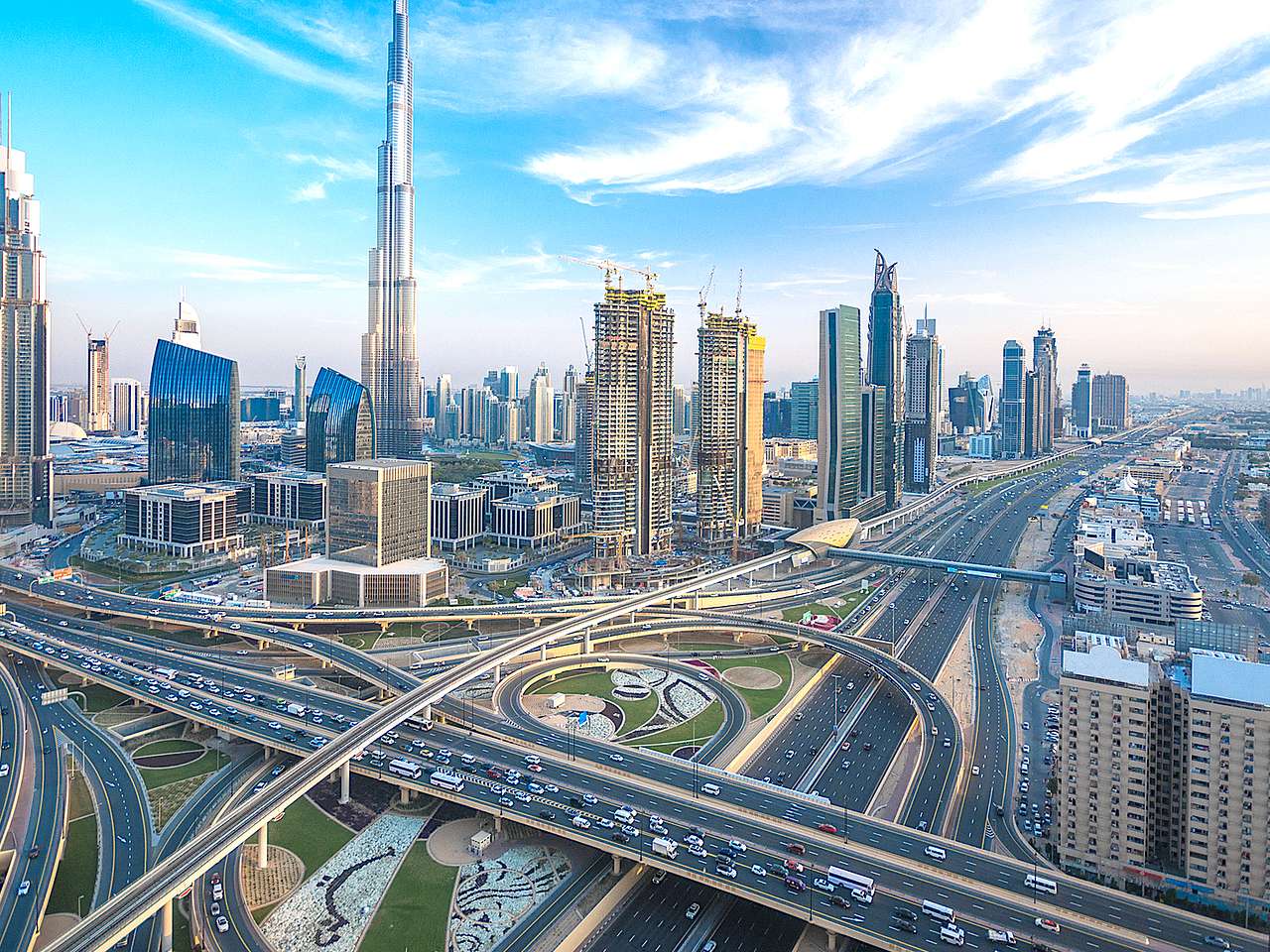
This strategy, aligned with the Dubai Economic Agenda which aims to boost productivity by 50% through digital adoption and innovation, focuses on developing high-performance computing, utilizing liquid cooling systems, and providing state-of-the-art data centers powered by renewable energy.
By 2028, Dubai aims to be a hub for sustainable data centers, ready for Artificial Intelligence (AI) applications and next-generation technologies like Web 3.0 and the Metaverse, thereby enhancing the emirate’s data capacity fivefold, increasing value addition by AED14.3bn ($3.9bn) annually, and strengthening its regional data industry leadership.
The Executive Council also endorsed the Community Participation Policy, supporting Social Agenda 33 by boosting community involvement in shaping policies, legislation, and government services, thus aligning services more closely with community needs and expectations identified through enhanced public engagement.
This policy will foster cooperation among various stakeholders to improve the overall quality of life for residents. Developed collaboratively by the General Secretariat of the Executive Council, the Digital Authority, the Supreme Legislation Committee, and the Department of Finance, the Community Engagement Policy is grounded in the principles of inclusivity, empowerment, sustainability, cooperation, and transparency.
Chris Dixon, a partner who led the charge, says he has a ‘very long-term horizon’
Americans now think they need at least $1.25 million for retirement, a 20% increase from a year ago, according to a survey by Northwestern Mutual
Saudi Arabia ranked first among countries for the non-oil exports of national origin with BD201 million (22%)
Bahrain’s non-oil exports of national origin decreased by 6% to BD894 million ($2.37 billion) in Q2 2024 compared to the same period in 2023. The top 10 countries accounted for 64% of the total export value.
According to the Information & eGovernment Authority (iGA) in its Q2 2024 Foreign Trade report, Saudi Arabia was the leading destination for these exports, totaling BD201 million (22%). The US followed with BD75 million (8.4%), and the UAE with BD73 million (8.2%).
Unwrought aluminum alloys were the top exported product in Q2 2024, amounting to BD267 million (30%), followed by agglomerated iron ores and concentrates alloyed at BD159 million (18%) and non-alloyed aluminum wire at BD49 million (5%).
Non-oil re-exports
Non-oil re-exports increased by 4% to reach BD206 million during Q2 2024, compared to BD198 million for same quarter in 2023. The top 10 countries accounted for 86% of the re-exported value. The UAE ranked first with BD58 million (28%) followed by Saudi Arabia with BD39 million (19%) and UK with BD17 million (8%).
As per the report, turbo-jets worth BD65 million (32%) were the top product re-exported from Bahrain, followed by private cars with BD11 million (5%) and four-wheel drive with BD9 million (4%).
The value of non-oil imports has decreased by 4% reaching to BD1.41 billion in Q2 2024 in comparison with BD1.47 billion for same quarter in 2023. The top 10 countries for imports recorded 68% of the total value of imports.

China Bahrain’s biggest importer
China ranked first for imports to Bahrain, with a total of BD191 million (14%), followed by Brazil with BD157 million (11%) and Australia with BD112 million (8%).
Non-agglomerated iron ores and concentrates were the top product imported to Bahrain worth BD200 million (14%), followed by other aluminum oxide with BD101 million (7%) and parts for aircraft engines with BD41 million (3%).
As for the trade balance, which represents the difference between exports and imports, the deficit logged was BD310 million in Q2 2024 compared to BD322 million in Q2 2023.
Chris Dixon, a partner who led the charge, says he has a ‘very long-term horizon’
Americans now think they need at least $1.25 million for retirement, a 20% increase from a year ago, according to a survey by Northwestern Mutual









